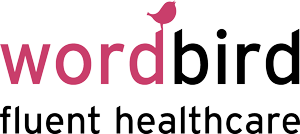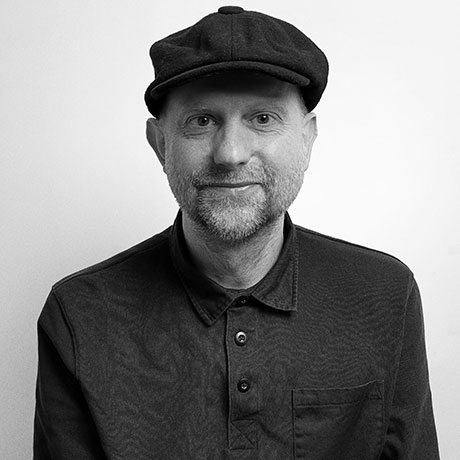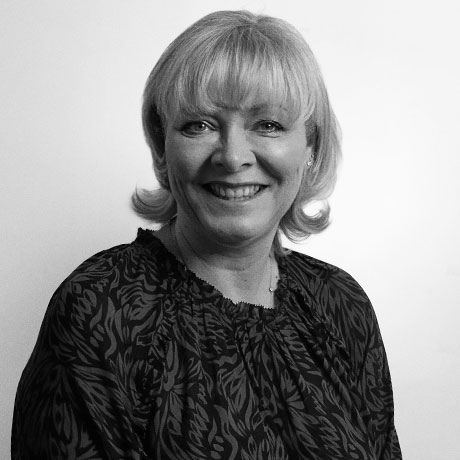Principles of importance to patients and caregivers
by
Following a PM Society meeting on patient engagement, here are the most important things for us to know:
- Patient views always differ from those of clinicians, regulators and payers. It is essential to consult them.
- Patient-centricity is heavily used by pharma, but what does it mean? There is now a published definition, which we should bring into all our work. Note that in the principles of importance to patients and caregivers – plain language and ‘words matter’ are called out.
- It is good practice for patient materials to be co-created. A good way is via an expert patient advisory board in which payment should be fair market value, defined by NHS England as £150/session. Co-creation is different to market research, but both have a place.
- There is a growing population of patients who really want to engage with pharmaceutical companies, especially in the realm of clinical trials. In the US, the FDA is driving this change so patient engagement may become a key requirement of clinical trials.
- The feeling in the room seemed to be that there was FAR more that pharmaceutical companies could do in terms of patient engagement, but that they shy away because of regulatory fears and organisational commitment barriers. This needs not be a fear as there is plenty companies can do within code.
Being an empathic company
My own feeling is, that pharmaceutical company leaders who understand the value of being an empathic company are highly committed to positive and active patient engagement. For example, in Lady Geek’s empathy index from 2015 –an objective measure of how empathic a company is– AstraZeneca comes in at number 26. At the seminar, Guy Yeoman explained how AZ has embedded behavioural change so that patients are genuinely at the heart of R&D as well as ongoing support programmes.
This session was genuinely inspiring. I am filled with enthusiasm and already have lots of ideas that will flow into patient engagement proposals for our clients in 2018 and beyond.
By Sarah, Founder and patient-engagement enthusiast



 Back
Back







